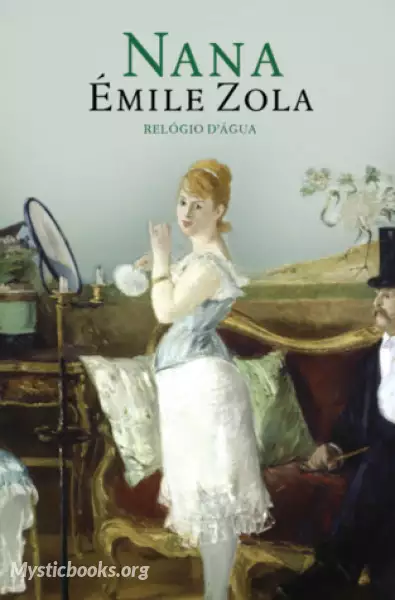
Nana
by Emile Zola
'Nana' Summary
Nana opens with a night at the Théâtre des Variétés in April 1867 just after the Exposition Universelle has opened. Nana is eighteen years old, though she would have been fifteen according to the family tree of the Rougon-Macquarts Zola had published years before starting work on this novel. Zola describes in detail the performance of La blonde Vénus, a fictional operetta modeled after Offenbach's La belle Hélène, in which Nana is cast as the lead. All of Paris is talking about her, though this is her first stage appearance. When asked to say something about her talents, Bordenave, the manager of the theatre, explains that a star does not need to know how to sing or act: "Nana has something else, dammit, and something that takes the place of everything else. I scented it out, and it smells damnably strong in her, or else I lost my sense of smell." Just as the crowd is about to dismiss her performance as terrible, young Georges Hugon shouts: "Très chic!" From then on, she owns the audience. Zola describes her appearance only thinly veiled in the third act: "All of a sudden, in the good-natured child the woman stood revealed, a disturbing woman with all the impulsive madness of her sex, opening the gates of the unknown world of desire. Nana was still smiling, but with the deadly smile of a man-eater."
In the course of the novel Nana destroys every man who pursues her: Philippe Hugon is imprisoned after stealing from the army to lend Nana money; the wealthy banker Steiner bankrupts himself trying to please her; Georges Hugon stabs himself with scissors in anguish over her; Vandeuvres incinerates himself after Nana ruins him financially; Fauchery, a journalist and publisher who falls for Nana early on, writes a scathing article about her later, and falls for her again and is ruined financially; and Count Muffat, whose faithfulness to Nana brings him back for humiliation after humiliation until he finds her in bed with his elderly father-in-law. In George Becker's words: "What emerges from [Nana] is the completeness of Nana's destructive force, brought to a culmination in the thirteenth chapter by a kind of roll call of the victims of her voracity".
Zola has Nana die a horrible death in July 1870 from smallpox. She disappears, her belongings are auctioned and no one knows where she is. It comes out that she has been living with a Russian prince, leaving her infant son in the care of an aunt near Paris, but when a smallpox epidemic breaks out she returns to nurse him; he dies, and she catches the disease. Zola suggests that her true nature, concealed by her physical beauty, has come to the surface. "What lay on the pillow was a charnel house, a heap of pus and blood, a shovelful of putrid flesh. The pustules had invaded the whole face, so that one pock touched the next". Outside her window the crowd is madly cheering "To Berlin! To Berlin!" to greet the start of the Franco-Prussian War, which will end in defeat for France and the end of the Second Empire.
Book Details
Language
EnglishOriginal Language
FrenchPublished In
1880Genre/Category
Tags/Keywords
Authors
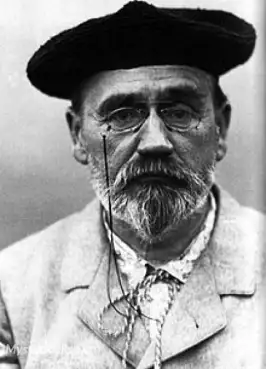
Emile Zola
France
Émile Édouard Charles Antoine Zola was a French novelist, journalist, playwright, the best-known practitioner of the literary school of naturalism, and an important contributor to the de...
Books by Emile ZolaDownload eBooks
Listen/Download Audiobook
- Select Speed
Related books
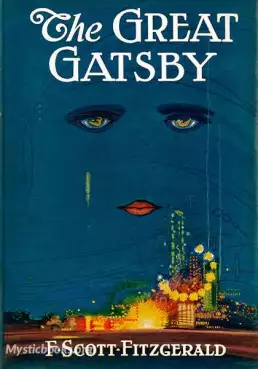
The Great Gatsby by F. Scott Fitzgerald
The Great Gatsby is a 1925 novel by American writer F. Scott Fitzgerald. Set in the Jazz Age on Long Island, the novel depicts narrator Nick Carraway'...
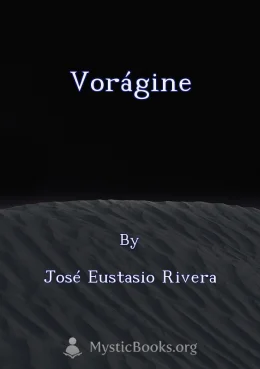
Vorágine by José Eustasio Rivera
La Vorágine is a classic work of Latin American literature that vividly portrays the horrors of the rubber boom in the Amazon rainforest. The novel fo...
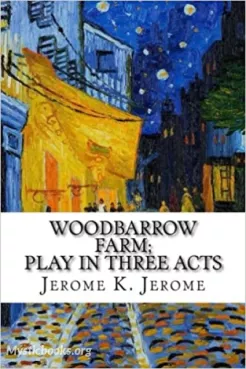
Woodbarrow Farm by Jerome K. Jerome
The book tells the story of a family who decides to leave their city life behind and start a new life on a farm. The novel follows the journey of the...
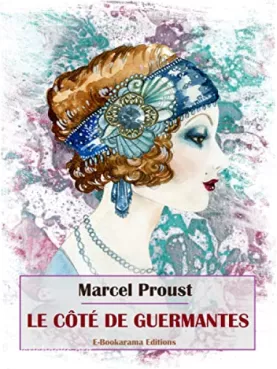
The Guermantes Way (Le Côté de Guermantes) by Marcel Proust
Marcel is a young man who is fascinated by the Guermantes family, one of the most prestigious families in Parisian high society. He dreams of being ac...
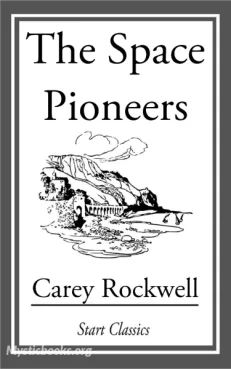
The Space Pioneers by Carey Rockwell
The story follows a group of intrepid space explorers as they travel to distant planets and encounter strange new life forms. Along the way, they face...
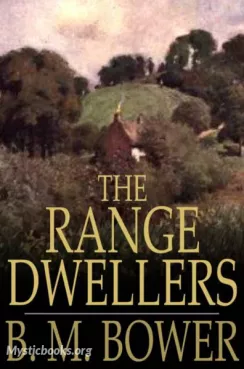
The Range Dwellers by B. M. Bower
This is a gripping tale set against the backdrop of the wild and untamed American West. Written in 1907, this classic Western novel explores the chall...

Juha by Juhani Aho
Juha is a novel by Juhani Aho, considered one of his most significant works. Set in a vaguely defined historical period, possibly the 17th or 18th cen...

Cortiço by Aluísio Azevedo
O Cortiço, a masterpiece by Aluísio Azevedo, is a powerful and unflinching portrayal of life in a tenement building in late 19th-century Rio de Janeir...

The Man with the Black Feather by Gaston Leroux
It follows the story of a man who receives a letter from a stranger with a black feather, and embarks on a quest to find out the identity of the sende...

The Three Friends; A Story of Rugby in the Forties by Arthur Gray Butler
The story follows the lives of the three friends as they navigate the challenges of growing up and dealing with the many obstacles and temptations tha...
Reviews for Nana
No reviews posted or approved, yet...